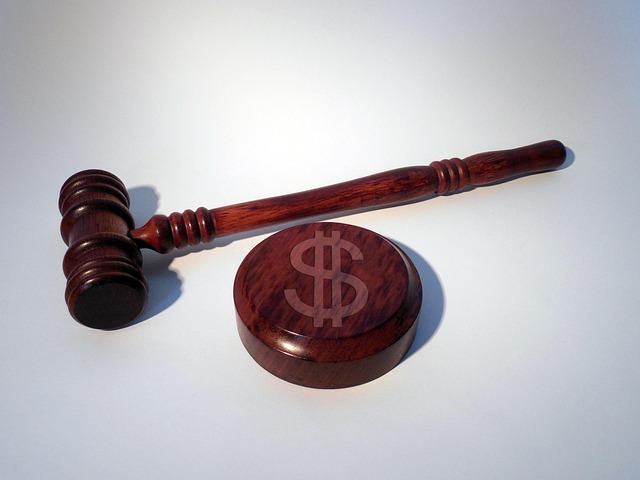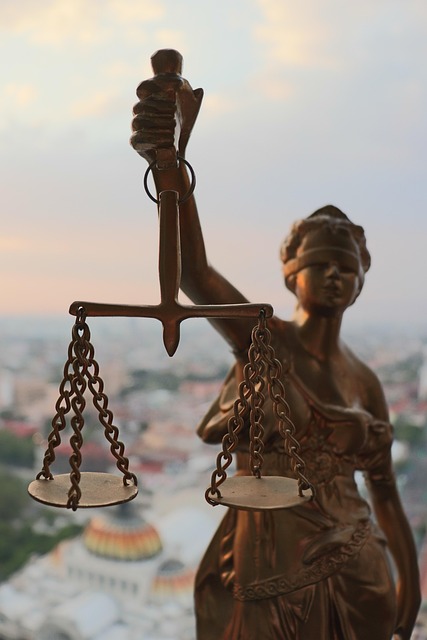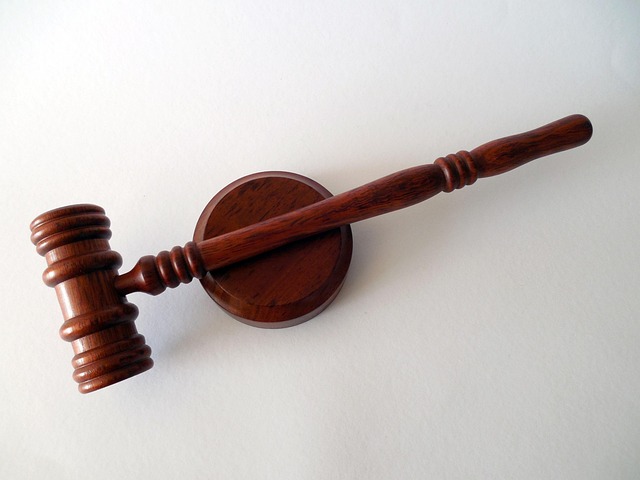The Breach of Contract Litigation Process Explained is a powerful legal tool for prosecuting environmental crimes, aiming to hold companies accountable for ecological offenses. This structured, multi-stage process begins with a formal complaint, involving investigative work by both parties. Key elements include evidence gathering, interviews, document reviews, and navigating complex environmental laws. The goal is a verdict based on effective representation, robust evidence, and adherence to procedural rules, ensuring corporate accountability and minimizing ongoing ecological damage. By thoroughly examining contractual obligations, successful prosecutions raise awareness and send a strong message that white-collar crimes against nature will not be tolerated.
Environmental Crime Trials: Uncovering Legal Recourse for Ecological Offenses
This article explores the intricate world of environmental crime trials, shedding light on the legal framework and litigation process behind holding wrongdoers accountable. From understanding breach of contract cases to navigating the path to verdict, we delve into the crucial aspects that drive effective environmental protection. Discover key considerations and real-world impacts, offering a comprehensive guide to this vital area of law.
- Understanding Environmental Crime Trials: A Legal Framework
- The Litigation Process: From Complaint to Verdict
- Key Considerations and Impact on Environmental Protection
Understanding Environmental Crime Trials: A Legal Framework

Environmental Crime Trials are a complex legal process designed to hold individuals and corporations accountable for damaging the environment. Understanding this framework involves grasping how breach of contract litigation plays a crucial role in addressing ecological offenses. When a company fails to adhere to environmental regulations or contractual obligations, it can be subject to legal action, setting a precedent for accountability.
This process offers an unprecedented track record of holding white-collar and economic criminals responsible for their actions. By examining the breach of contract litigation process, we uncover mechanisms to enforce environmental standards, ensuring that respective businesses are held to their commitments, thereby minimizing ecological damage and fostering sustainability.
The Litigation Process: From Complaint to Verdict

The Breach of Contract Litigation Process is a structured series of steps that begin with a complaint—a formal legal accusation outlining alleged environmental violations. This sets in motion a series of events designed to achieve justice and redress for harmed environments. Once filed, the plaintiff (usually a regulatory body or affected community) must navigate all stages of the investigative and enforcement process to build a robust case.
This involves gathering evidence, conducting interviews, and meticulous document review to demonstrate the defendant’s liability. Throughout this period, both corporate and individual clients have rights and responsibilities; they can challenge allegations, present defenses, and seek legal counsel to navigate complex environmental laws. The ultimate goal is a verdict—a decision reached by a judge or jury determining guilt or innocence. Effective legal representation, robust evidence, and adherence to procedural rules are key factors in achieving a favorable outcome and ensuring accountability for environmental crimes.
Key Considerations and Impact on Environmental Protection

The success of Environmental Crime Trials lies in meticulous consideration during the litigation process. One key aspect is understanding the breach of contract within an environmental context. These cases often revolve around agreements aimed at preserving ecosystems and natural resources, where violations can have severe consequences for both the environment and affected communities. By thoroughly examining contractual obligations, lawyers can build robust cases that highlight the perpetrators’ failure to adhere to legal commitments, leading to significant environmental degradation.
The impact of these trials extends beyond penalizing offenders; they serve as powerful deterrents for potential future violations. The exposure and consequences of such crimes raise awareness within both philanthropic and political communities, emphasizing the urgency of environmental protection. Moreover, successful prosecutions send a clear message that white-collar and economic crimes against nature will not be tolerated, encouraging businesses and individuals to prioritize sustainability and adhere to environmental regulations to avoid indictment.
Environmental Crime Trials play a pivotal role in holding perpetrators accountable for their actions that harm the environment. By understanding the legal framework, navigating the litigation process from complaint to verdict, and considering key impacts on environmental protection, these trials act as a powerful tool to deter future breaches of contract and ensure ecological preservation. This comprehensive approach, grounded in breach of contract litigation, underscores the importance of holding individuals and corporations responsible for their environmental stewardship.






